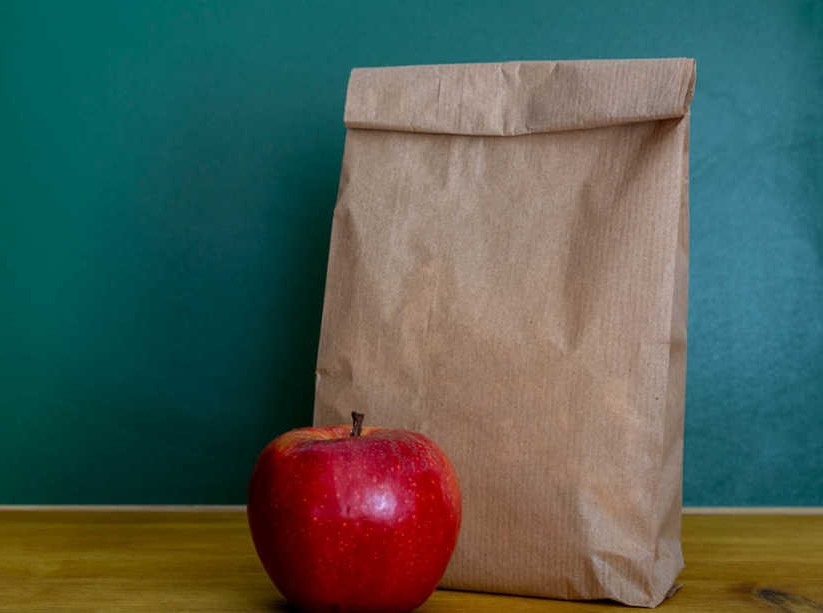CSBA, as part of a larger nutrition coalition, supports the bill. Under the legislation, all school districts, including those operating off-site services, could serve all children without having to certify students’ individual eligibility. The certification and documentation process is often cited as an unnecessary barrier in the process to delivering meals, and is especially straining during the pandemic.
“The Pandemic Child Hunger Prevention Act would help address the child hunger crisis, make it easier for schools to operate school meal programs, and provide financial relief to school meal programs that have suffered heavy losses during the pandemic,” Scott said in a press release. “This legislation will ensure that all children will have access to nutrition during this public health emergency.”
A Congressional fact sheet states that, in May alone, school nutrition program directors reported a median estimated loss of $200,000 per district, with an estimated loss of as much as $2.35 million in larger districts. Without intervention, these struggles could seriously jeopardize the availability of nutritious meals for students who rely on them.
“With so many families struggling to put food on the table during the pandemic, millions more students will depend on consistent, daily access to school meals this fall,” School Nutrition Association President Reggie Ross said in a statement supporting the legislation. “Congress must act to ensure school meal programs can meet this need in any setting and respond nimbly to abrupt changes. Providing school meals at no charge to all students is the safest, most effective way to serve students and combat childhood hunger during the pandemic.”
Congressmembers, advocacy groups also seek extension of waivers
In additional developments in Washington, D.C., 36 U.S. Senators have expressed support for the extension of critical COVID-19 school meal waivers in a letter to U.S. Department of Agriculture Secretary Sonny Perdue. The School Nutrition Association sent a similar letter on July 10 about the waivers currently set to expire at the end of August 2020, particularly rules dictating at which school sites students may pick up meals.
To ensure districts, school meal program directors and staff have certainty and flexibility for the upcoming school year, the senators urge Perdue and the USDA to extend the following waivers nationwide through the end of the 2020–21 school year:
- Unexpected School Closures Waiver
- Afterschool Activity Waiver
- Fresh Fruit and Vegetable Program Parent Pick-Up Waiver
- Waiver of Child Nutrition Monitoring
- Waiver of Food Management Company Contract Duration Requirements
- Waiver of Local School Wellness Assessments
- Area Eligibility Waiver
- Summer Food Service Program (SFSP) and Seamless Summer Option (SSO) Waivers
H.R. 7764, The Child Nutrition Relief Act of 2020, introduced by U.S. Rep. Nydia Velázquez (D-NY), would allow the USDA to extend all of these COVID-19 school feeding waivers through June 30, 2021. Further, a section of the HEROES Act proposes the extension of Pandemic-EBT through fiscal year 2021. P-EBT provides food benefits for children who would normally receive free or reduced-price meals at school. Through the program, eligible families may get up to $365 per child to purchase food.
Further school nutrition resources:
- California Department of Education guidance on School and Child and Adult Day Care Meals
- California Department of Social Services information on Pandemic EBT
- S. Department of Agriculture press release on school meal flexibilities





